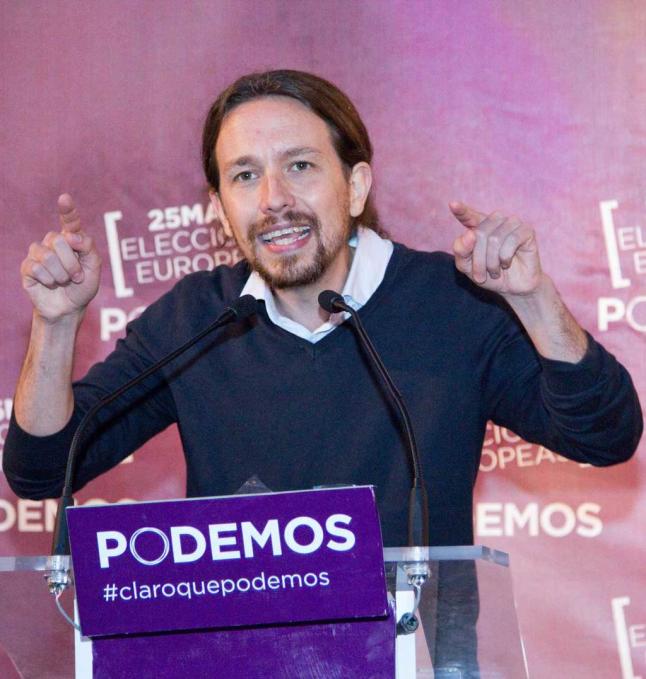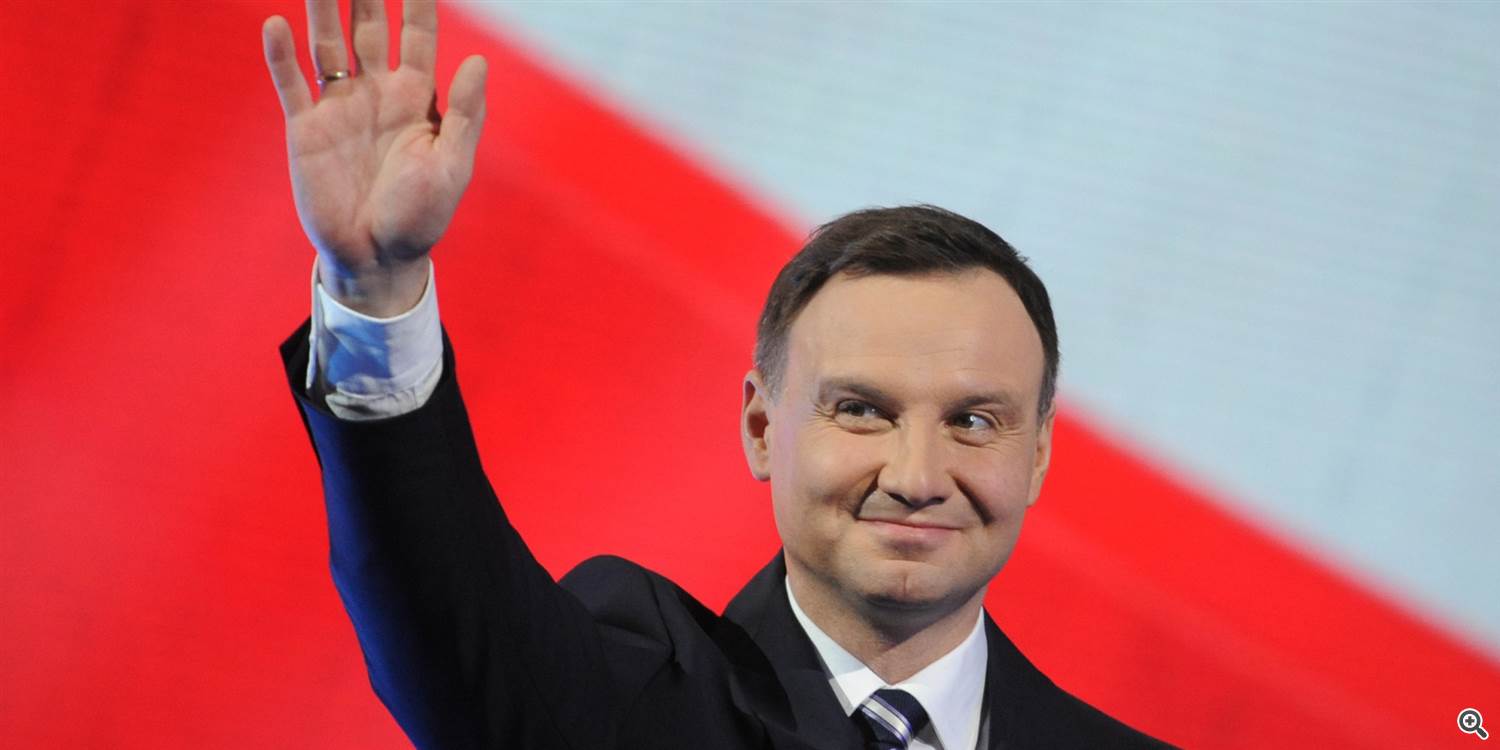
Greece, Spain and Poland: tremors in Europe's foundations and source of markets' jitters
“The economy is picking up, so why are you punishing us?” That was the message from Spain's conservative party to the two big election shocks on Sunday. In fact, Prime Minister Mariano Rajoy’s Popular Party saw the worst result in 20 years, which comes ahead of a general election that many expect will be called in November.
Ruling Popular Party was hoping to ride Sunday’s regional and municipal
elections to success on the story of economic rebounding. This year growth is expected
to extend additional 3% for the fourth-largest eurozone economy,
but that statistic was viewed as cold comfort to a population that
continues to endure an unemployment rate above 20%.
Frustration over years of recession and austerity measures, alongside a steady flow of corruption investigations for members of the Popular Party and the Socialists, exploded into results for the upstart parties of Podemos ("We can") and Ciuidadanos ("Citizens").
A number of analysts say that after months and months of crisis in Greece, some fear that Spain could turn into that country. Predrag Dukic, senior equity sales trader at CM Capital Markets, says that the outside world doesn’t really understand Spain’s new parties, though horse-trading in politics doesn’t have a great history here. Smaller, nationalist parties have often had more power than voters gave them, he said, and those interests would be forgone to reach decisions, something the country doesn’t need right now.
“Most analysts think Syriza and Podemos are similar parties. While this is partially true, it is also true that Podemos have moved significantly to the center over the past few months to be more votable and closer to reality,” he said.
Ciudadanos is considered a business-friendly party, but its main weakness is that apart from leader Albert Rivera, it’s full of relative unknowns. Podemos was founded by Pablo Iglesias, a former lecturer at the Complutense University of Madrid, and a member of the European Parliament.
The incursion of Podemos and Ciudadanos into many regional parliaments is not as worrying as the need to seek
compromise and reach coalitions, something new to the Spanish political
life. his creates uncertainties which markets do not like.

Pablo Iglesias, leader of Podemos party
Antonio Barroso, senior vice president at Teneo Intelligence, thinks that the election shows that Podemos and Ciudadanos are “here to stay.” But thus begins a nervous period of political horse trading for markets as a general election looms, MarketWatch reports.
Polish elections and threat to the EU
Meanwhile, political shifts occur in other parts of Europe. Analyst Paul Mason at Channel 4 reflects upon why the situation in Poland is similar to other European movements.
On May 24 Poland's Andrzej Duda of the right wing Law and Justice party won the
presidential election, probably with the support of a youthful 20 per
cent.
While the emerging powers in Spain and Poland are distinct in their political essence (Podemos is a left-wing mass movement, born out of the million-strong indignados protest of 2011 which was, to its roots, anti-clerical; and Mr Duda’s party is Eurosceptic, strongly Catholic and pro American), they represent similar phenomena for the European Union.
Economic data shows that Poland is growing, expanding 1 per cent in the first quarter of 2015. But the uneven distribution of wealth has seen Poles become the migrant workforce of Europe. Spain too is recovering, but high levels of unemployment, combined with years of Brussels-imposed austerity, have taken their toll.
But the dramatic factor is that in both countries, the existing power-elites have lost the trust of young people.
In Poland, though radical right-wing candidate Pawel Kukiz was knocked out in the first round, his mixture of “right wing politics with a left wing heart” sparked the enthusiasm of young voters: 41 per cent backed him in the first round (as compared to 3 per cent of pensioners).
Mr Kukiz was helped by a very similar excitement to the one that helped Podemos break out of the indignado circles: that the post-1989 political class has become closed to the young generation, represents the elite and is prone to corruption.
This, combined with a fairly mild austerity programme mandated by the EU’s budget rules over the past two years, fuelled the protest vote, enough of which switched to the right last night to deliver victory for Mr Duda.
Both in Spain and Poland then – despite the vast differences in mood and ideology – centrist pro-EU politics is falling victim to its association with a crony-ist elite, its adherence to austerity, and its failure to tell a convincing story to the young, who even in times of growth feel locked out of the system.

Andrzej Duda, newly elected Polish president
Now, both economic and political analysts await parliamentary elections both in Poland and Spain.
If the right wins in Poland that’s a small local difficulty for the
EU, and will fracture some of Angela Merkel’s support. But if the left wins
in Spain it will be a revolution, says Paul Mason.
The ascent of Podemos has not come only at the expense of the official centre left opposition the PSOE. In reality, the PSOE’s vote held up in many areas, meaning there is – as in Madrid city council – another possibility of a Podemos-PSOE coalition in November.
As Podemos is in fact, and the PSOE in theory, committed to a break with EU-imposed austerity, this would be the second act of the drama that began in Greece, says Mason. The third and final act would be the victory of Marine Le Pen’s right-wing Front National in France.
There’s a lot of ifs and buts here – above all can the centre right in the Eurozone react to these shocks by moderating austerity?


